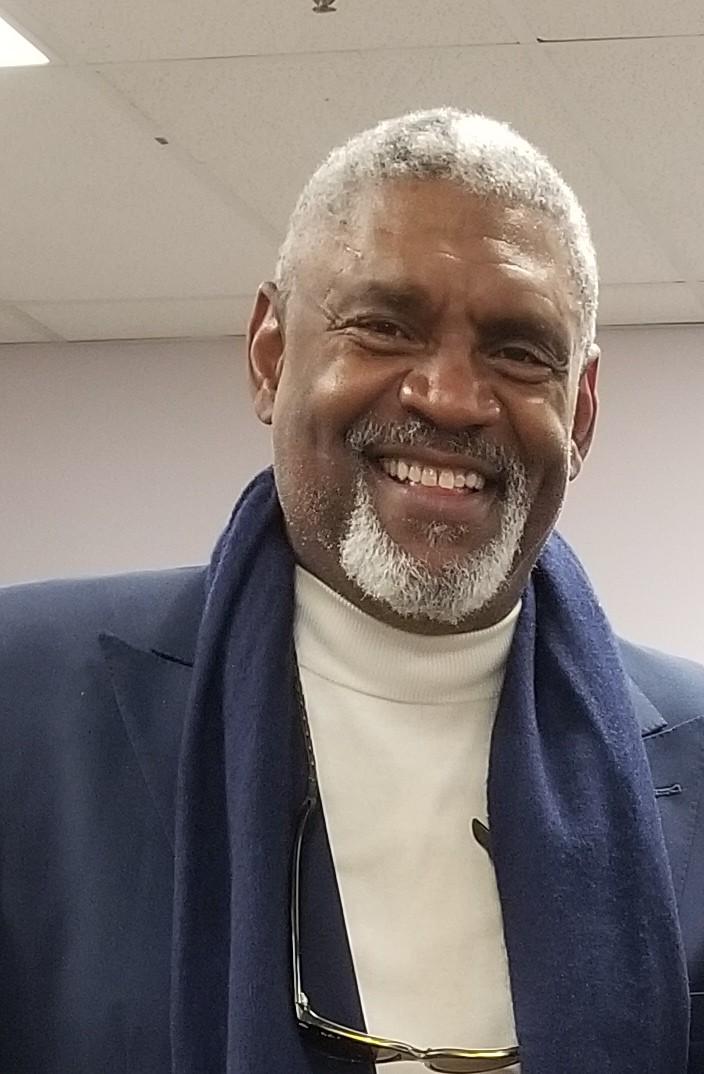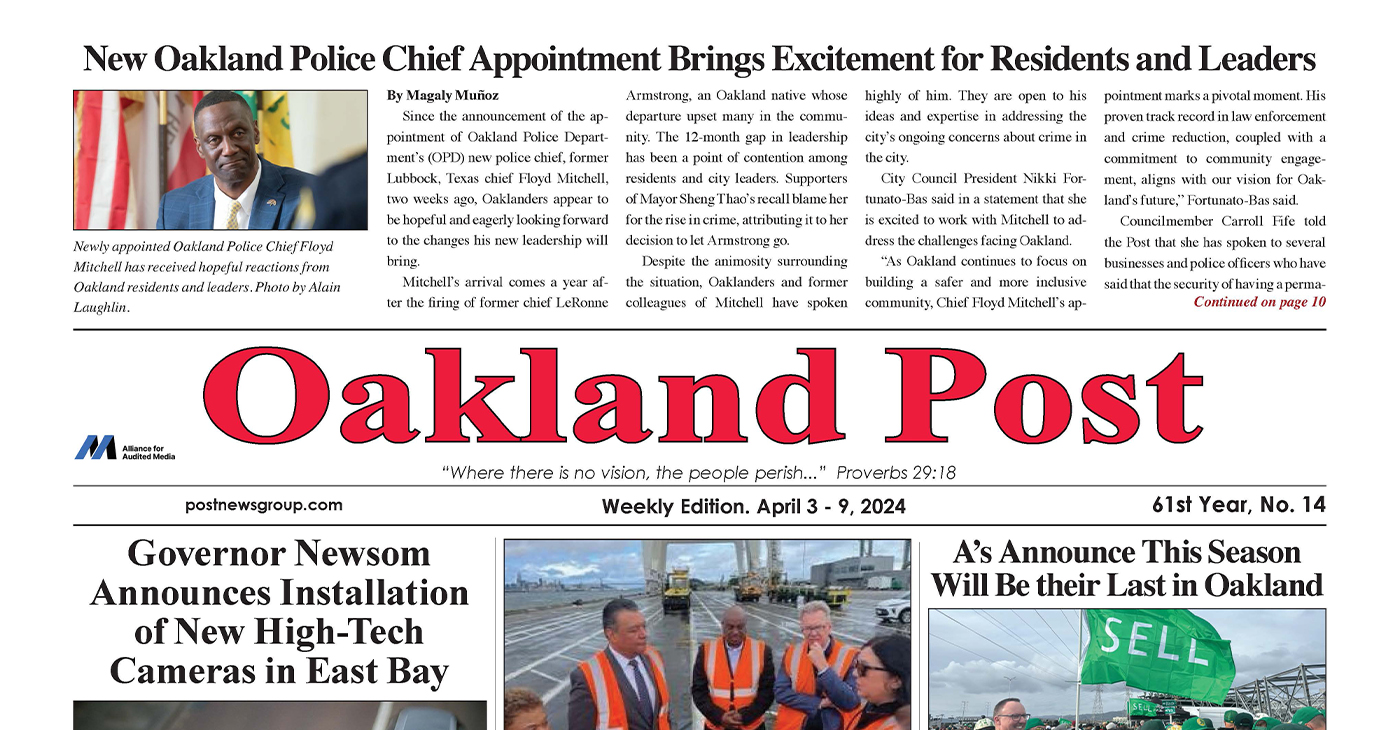Opinion
Opinion: Worthy of Justice (Part 1)

~When columnist Leo Bazile began a series of articles examining the morality and all other aspects of the Reparations topic during this 2019 political climate, this column is a theological approach to that topic. ~
The Right Reverend Eugene Taylor Sutton, Bishop of the Episcopal Diocese of Maryland, testified in June 2019, at Congresswoman Sheila Jackson Lee’s House Judiciary subcommittee, at the same hearing as filmmaker and seminarian Katrina Browne.
Bishop Sutton address the theological, political, and economic complexity and intersectionality of the morality of reparations. Sutton said Americans should avoid quick emotional responses to the word “reparation,” because it could divide us and create resentment and suspicion. He said just the term reparations accentuates the pain of the inherited mess of slavery that has long plagues this country. There was an ominous judgement day tone to his words when he said, “None of us cause this brokenness, but all of us have a moral responsibility to fix it.”
The underlying topic of reparations is “justice.” Let us unpack some of the “mess” in the deliberation of who is worthy of “justice” in the United States of America.
In Christian theology, the doctrine of justification is God’s act of removing the guilty and penalty of sin, while at the same time making a sinner righteous through Christ’s atoning sacrifices. Unfortunately, this foundational belief is afforded to some and has been denied to others. Combating those denials is at the core of deconstructing racism, sexism, and homophobia in our country. Such consideration remains a forever struggle because of the vestiges of oppression, which subtlety and overtly remains.
For example, a deacon approaches the pulpit to pray for a waiting congregation in a Baptist Church located in a traditional Black community. The African-American deacon prays for the forgiveness of sin, the expression of love throughout the community, and world peace, health, and sustained faith. But – he never prays for justice.
Is this an oversight? Does the African-America congregation need justice? Has the demand for justice become an element eliminated in the mind of the African-American because of centuries of indoctrination? Have African-American been theologically taught that they are unworthy of justice?
I propose that our theological house of love is built on the solid rock of justice. Precisely because of the justice and mercy, Jesus wen to the cross as an innocent, because God viewed humankind as deserving of a second chance.
However, the African descendent has been and still is being taught to believe he is unworthy.
Consider, the “Slave Bible” commissioned by British slave owners and used as an early theological teaching text designed to enslave the mind and spirit of the slave and to deter the consciousness and desire for liberation. The British “Slave Bible” omitted verses form the full Bible, which affirmed all mankind, and which includes African descendants as worthy of justice and the love of God.
Slave-owners wanted to deter revolt by indoctrinating slaves with a polluted gospel, skipping texts such as Leviticus 19: 33-32, “When a foreigner resides among you in your land, do not mistreat them. The foreigner residing among you must be treated as your native-born. Love them as yourself, for you were foreigners in Egypt. I am the LORD your God”; or perhaps Galatians 3:28, “There is neither Jew nor Greek, there is neither slave nor free, the is no male and female, for you are all one in Christ Jesus.” There are many more examples.
In the United States, the concept of everyone being worthy of justice is an element guaranteed under the Constitution, especially detailed in the fourteenth Amendment, “All persons born or naturalized in the United States, and subject to the jurisdiction thereof, are citizens of the United States and of the state wherein they reside. No state shall make or enforce any law which shall abridge the privileges or immunities of citizens of the United States; nor shall any state deprive any persons of live, liberty, or property, without due process of law; nor deny to any person within its jurisdiction the equal protection of the laws.”
However, the 14th Amendment did not become law until 1868, after the Civil War, some 92 years after the formation of the United States. Before 1968, African-Americans were considered three-fifths of a human being and unworthy of justice.
On March 6, 1857, Roger B. Taney, Supreme Court Chief Justice, in the Dred Scott v. Sanford decision, wrote the majority opinion that the framers of the Constitution never intended that the “class of persons…whose ancestors were Negroes of the African race, and imported into this country, and sold and held as slaves,” could “become entitled to all the rights and privileges and immunities” guaranteed to citizens of the United States. Taney argued the African descendants were, “of an inferior order and altogether unfit to associate with the white race, either in social or political relations,” and were so far inferior that they had no rights which the white man was bound to respect.
Activism
Oakland Post: Week of April 17 – 23, 2024
The printed Weekly Edition of the Oakland Post: Week of April 17 – 23, 2024

To enlarge your view of this issue, use the slider, magnifying glass icon or full page icon in the lower right corner of the browser window. ![]()
Activism
Oakland Post: Week of April 10 – 16, 2024
The printed Weekly Edition of the Oakland Post: Week of April 10 – 16, 2024

To enlarge your view of this issue, use the slider, magnifying glass icon or full page icon in the lower right corner of the browser window. ![]()
Activism
Oakland Post: Week of April 3 – 6, 2024
The printed Weekly Edition of the Oakland Post: Week of April 3 – 6, 2024

To enlarge your view of this issue, use the slider, magnifying glass icon or full page icon in the lower right corner of the browser window. ![]()
-

 Activism4 weeks ago
Activism4 weeks agoOakland Post: Week of March 27 – April 2, 2024
-

 #NNPA BlackPress4 weeks ago
#NNPA BlackPress4 weeks agoCOMMENTARY: D.C. Crime Bill Fails to Address Root Causes of Violence and Incarceration
-

 #NNPA BlackPress4 weeks ago
#NNPA BlackPress4 weeks agoMayor, City Council President React to May 31 Closing of Birmingham-Southern College
-

 #NNPA BlackPress4 weeks ago
#NNPA BlackPress4 weeks agoBeloved Actor and Activist Louis Cameron Gossett Jr. Dies at 87
-

 Community1 week ago
Community1 week agoFinancial Assistance Bill for Descendants of Enslaved Persons to Help Them Purchase, Own, or Maintain a Home
-

 Activism3 weeks ago
Activism3 weeks agoOakland Post: Week of April 3 – 6, 2024
-

 Business1 week ago
Business1 week agoV.P. Kamala Harris: Americans With Criminal Records Will Soon Be Eligible for SBA Loans
-

 Activism2 weeks ago
Activism2 weeks agoOakland Post: Week of April 10 – 16, 2024











































